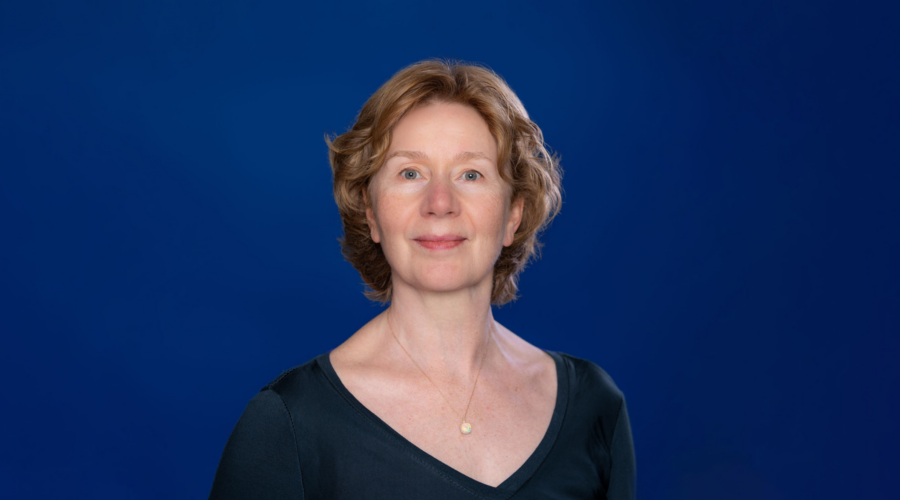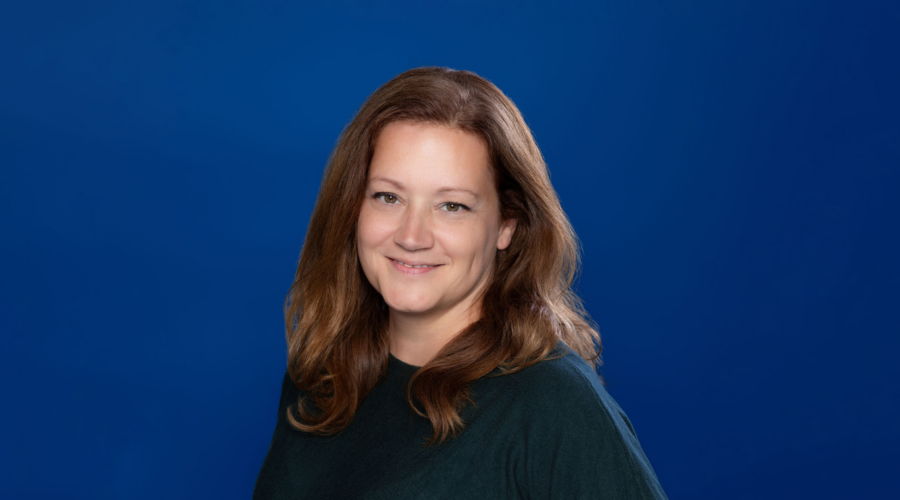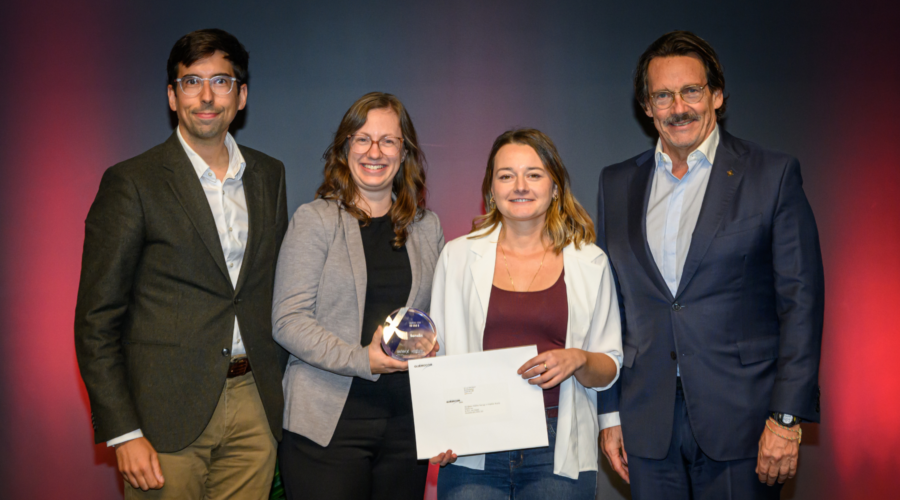In this month of awareness, we focus on some of our researchers who are working tirelessly to make a difference in breast cancer.

Sylvie Mader : Interconnected Motivations to Study Breast Cancer
The team led by Sylvie Mader, Principal Investigator in IRIC’s Molecular Targeting in Breast Cancer Research Unit, is working to understand the causes of breast cancer subtype diversity, identify new targets for drug development, and understand the causes of resistance to molecules used to treat breast cancer.
“My decision to work on breast cancer stems in part from the logical progression of my research since my training, but also from the need to better treat a disease that affects a growing number of women and remains a leading cause of death despite therapeutic advances.”
Eralda Kina: Combining Research and Clinical Practice
Eralda Kina is an oncologist and doctoral student in the laboratory of Claude Perreault, Principal Investigator in IRIC’s Immunobiology Research Unit. Claude Perreault’s team studies the cells that regulate the functioning of the immune system, known as “T lymphocytes,” in order to understand and improve the functioning of the immune system. The team’s ultimate goal is to develop therapeutic vaccines against cancer.
Throughout her career, Eralda has chosen to focus her research projects on the most common cancer in the world: breast cancer. Specifically, she is seeking to identify targets on the surface of tumor cells that will activate the immune system.
“Our immune system is paralyzed by cancer. We need to bring it out of its state of shock and give it the tools it needs to fight it,” she emphasizes. “Immunotherapy has the potential to transform incurable and widespread cancers into well-controlled and even curable cancers!”


Geneviève Deblois : Focus on breast cancer
The team led by Geneviève Deblois, Principal Investigator in IRIC’s Metabolic and Epigenetic Alterations in Cancer Research Unit, is studying a particularly aggressive subtype of breast cancer called triple-negative breast cancer, which is characterized by high relapse rates and a lack of targeted therapeutic options. Patients with this type of cancer are usually treated with chemotherapy, but relapse rates are high. The team is seeking to understand how these tumor cells adapt and survive in a microenvironment depleted of nutrients and oxygen, as well as the mechanisms that enable them to resist chemotherapy, in order to develop new, more effective therapeutic strategies.
“At a very young age, I was affected by close friends and family members, women, who had breast cancer. At that time, screening was more limited and treatment options were less effective. Seeing their journeys and struggles awakened in me a desire to understand this disease and to make a concrete contribution to the fight against it. I wanted to make a difference to help women today and tomorrow face the disease with better chances of survival.”
Delphine Bouilly and Madline Sauvage: Improving Breast Cancer Monitoring and Treatment
Madline Sauvage, a doctoral student in molecular biology, and Professor Delphine Bouilly, Director of IRIC’s Design and Application of Electronic Nanobiosensors Research Unit, are recipients of a Pierre-Péladeau grant. Their start-up, SensÈn won the second prize of $50,000 at the 27th edition of the competition. These grants, offered since 1999, aim to support the next generation in all fields of study in starting businesses, developing business plans, and developing products and markets.
The idea for SensÈn came about during Madline Sauvage’s doctoral project in Delphine Bouilly’s laboratory. “After seven years of research, I realized that there was a significant technological need to improve breast cancer monitoring tools,” says the student. “In 2025, breast cancer remains the leading cause of cancer death in women! I therefore wanted to take science out of the lab to have a direct and concrete impact on patients.”
The researchers will declare “mission accomplished” once they have developed a product that can be used in a clinical setting. Their goal? To develop miniature electrical sensors that enable personalized monitoring of breast cancer, providing medical teams with information so they can intervene at the right time and more easily adapt treatments.
